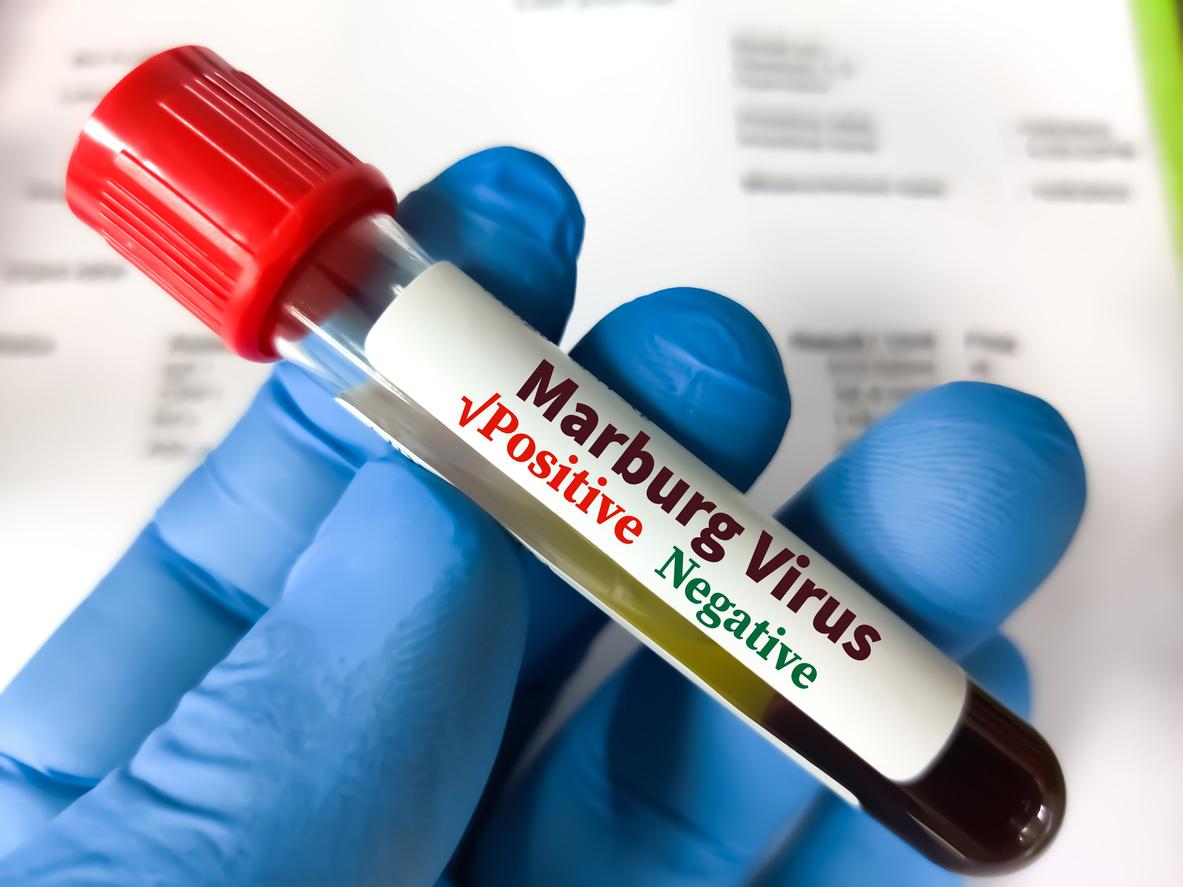Babies ” premature (Ie born before the end of 37 weeks of pregnancy) have an above average risk of mortality. Indeed, at birth, their immune system is not yet sufficiently developed: it cannot therefore protect them effectively against pathologies.
For these children born “early”, one of the main causes of death is neonatal necrotizing enterocolitis (ENN), a disease that causes necrosis of certain intestinal cells, and which can lead to perforation or peritonitis. For some doctors, it would even be a “baby’s Crohn’s disease”. According to statistics, ENN represents 8 to 12% of infections occurring in premature children.
Monitor the level of eosinophils
But very recently, researchers at the University of Missouri (in the United States) have brought to light a new technique to prevent the risks of ENN, in order to limit as much as possible the mortality rate in premature infants. This would involve monitoring the evolution of the number of eosinophils (a variety of white blood cells involved in the immune response) in the child’s blood.
“We observed that when the level of eosinophils is very high (and that it does not vary for about 5 days), the risk of ENN is significant, explain the researchers, who published their findings in the scientific journal Neonatology. This is a warning signal for the doctor, who can then proceed to hospitalization. “
Stress: premature little boys are relieved by massages.
















